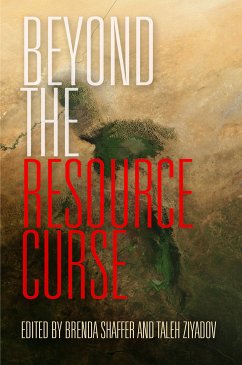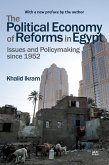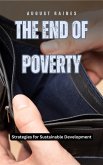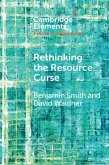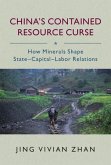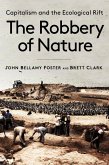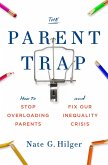When countries discover that they possess large deposits of oil and natural gas, the news is usually welcome. Yet, paradoxically, if they rely on their wealth of natural resources, they often set down a path of poor economic performance and governance challenges. Only a few resource-rich countries have managed to develop their economies fully and provide a better and sustainable standard of living for large segments of their populations. This phenomenon, known as the resource curse, is a core challenge for energy-exporting states. Beyond the Resource Curse focuses on this relationship between natural wealth and economic security, discussing the particular pitfalls and consistent perils facing oil- and gas-exporting states.
The contributors to this volume look beyond the standard fields of research related to the resource curse. They also shed new light on the specific developmental problems of resource-rich exporting states around the globe, including Azerbaijan, Bahrain, Cambodia, East Timor, Iran, Norway, Russia, Trinidad and Tobago, the United Arab Emirates, and Venezuela.
Policy makers and academics think of energy security solely in terms of the interests of energy importers. Beyond the Resource Curse shows that the constant volatility in energy markets creates energy security challenges for exporters as well.
The contributors to this volume look beyond the standard fields of research related to the resource curse. They also shed new light on the specific developmental problems of resource-rich exporting states around the globe, including Azerbaijan, Bahrain, Cambodia, East Timor, Iran, Norway, Russia, Trinidad and Tobago, the United Arab Emirates, and Venezuela.
Policy makers and academics think of energy security solely in terms of the interests of energy importers. Beyond the Resource Curse shows that the constant volatility in energy markets creates energy security challenges for exporters as well.
Dieser Download kann aus rechtlichen Gründen nur mit Rechnungsadresse in A, D ausgeliefert werden.

